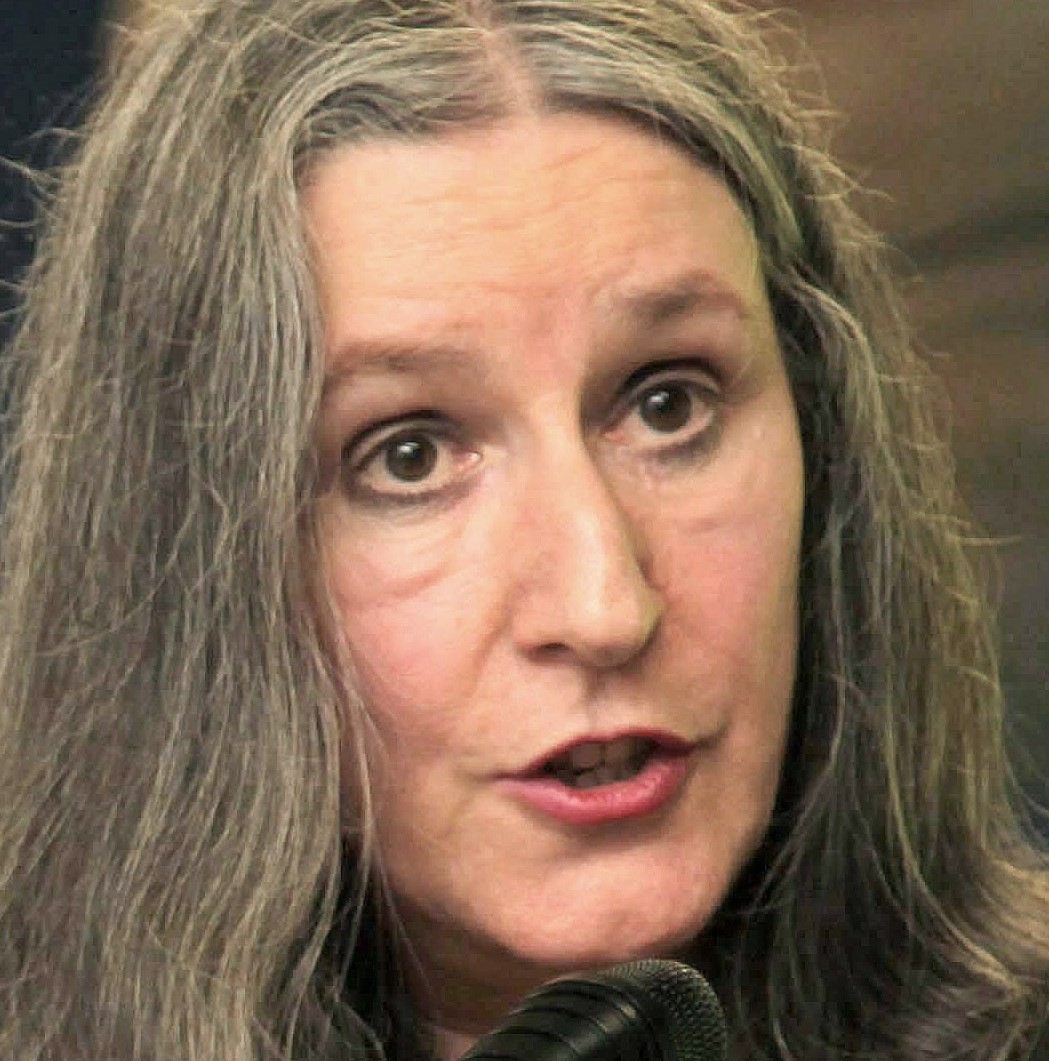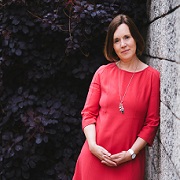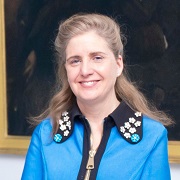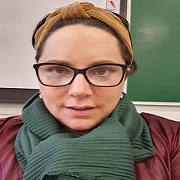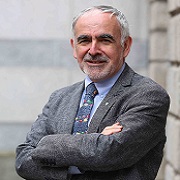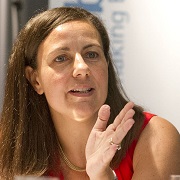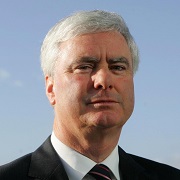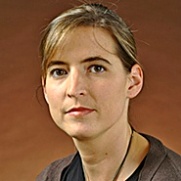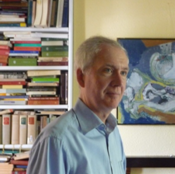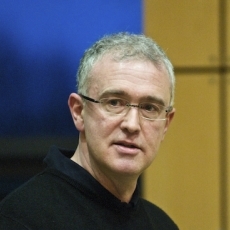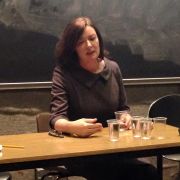I spent 40 years working in the National Archives, a site of official evidence and memory, overshadowed by an Irish humanities disaster: the destruction of the Public Record Office in the Four Courts in June 1922 at the beginning of the Civil War, which burned 800 years of Irish historical records, including the census records for the whole island for 1821; 1831; 1841 and 1851. In other words, the complex demographic history of the 8 million people who lived here before the Great Famine.
When I started work in the 1970s, there was a pall of neglect and disappointment hanging over the institution, where bullet holes from 1922 were still visible in the walls, and sad boxes of burnt records awaited some technological miracle in the future which would allow them to be restored. Because of the “Great Calamity”, most people thought our history was gone and therefore it was pointless to invest in the place. My cohort of archivists was the first to be employed in decades. But as is so often the case, the accepted wisdom was untrue. The 19th century administrative archive of the state, from 1790 to 1922, remained intact due to bureaucratic inertia which kept it from being transferred to the Four Courts in time to be burned. I had the pleasure of working in our satellite office, the State Paper Office, housed in a romantic tower in Dublin Castle, for some years in the 1970s –1980s. I was able to get to know that wonderful archive, and to preside over the first voluntary release of 20th century files from the Dept. of the Taoiseach, a landmark moment.
My greatest privilege in the archives was to oversee the digitisisation of the 1901 and 1911 censuses, and put them online free to access. The outpouring of public gratitude for this was gratifying, with ordinary citizens becoming instant family historians, and grappling with sometimes difficult information about their ancestors. Later I had the privilege of helping to launch the two great collections from the revolutionary period – the Bureau of Military History and the Military Service Pensions Files. Our revolution, ultimately a conservative one, is probably the best documented in the world.
Perhaps the biggest question of the moment is: How do we know what we know? The humanities comprise the disciplines which help us to answer that question, with history and its source material – archives – specially placed to teach critical thinking, interrogation of evidence, interpretation of periods long before our time and empathy for our forebears. The tsunami of nonsense, disinformation and malevolence on social media is a real threat to evidenced-based knowledge. The humanities, in danger of being downgraded in Ireland, badly need to be strengthened and supported to combat these threats. Complicate the narrative, trust people to understand our difficult past, defend both academic scholarship and public history.
It has been wonderful to participate in the democratisation of Irish archives, and to provide our talented historians with the raw materials for their work. Ireland still has a healthy public appetite for history: let’s make sure it stays like that.


